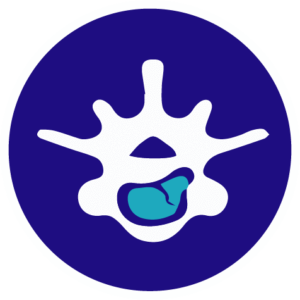
DISC HERNIATION
A herniated disc, also known as a slipped disc, occurs when a degenerate intervertebral disc leads to the disc nucleus pushing into the annulus, and sometimes out of it, through a tear or rupture, resulting in pain.
What are Intervertebral Discs?
Bones of the spine providing support and protection to the spinal cord. The discs function as shock absorbers and allow for the spinal segments to move. They are small, oval spongy structures, with a tough outer layer (annulus) surrounding a soft, gelatinous inner portion (nucleus pulposus).
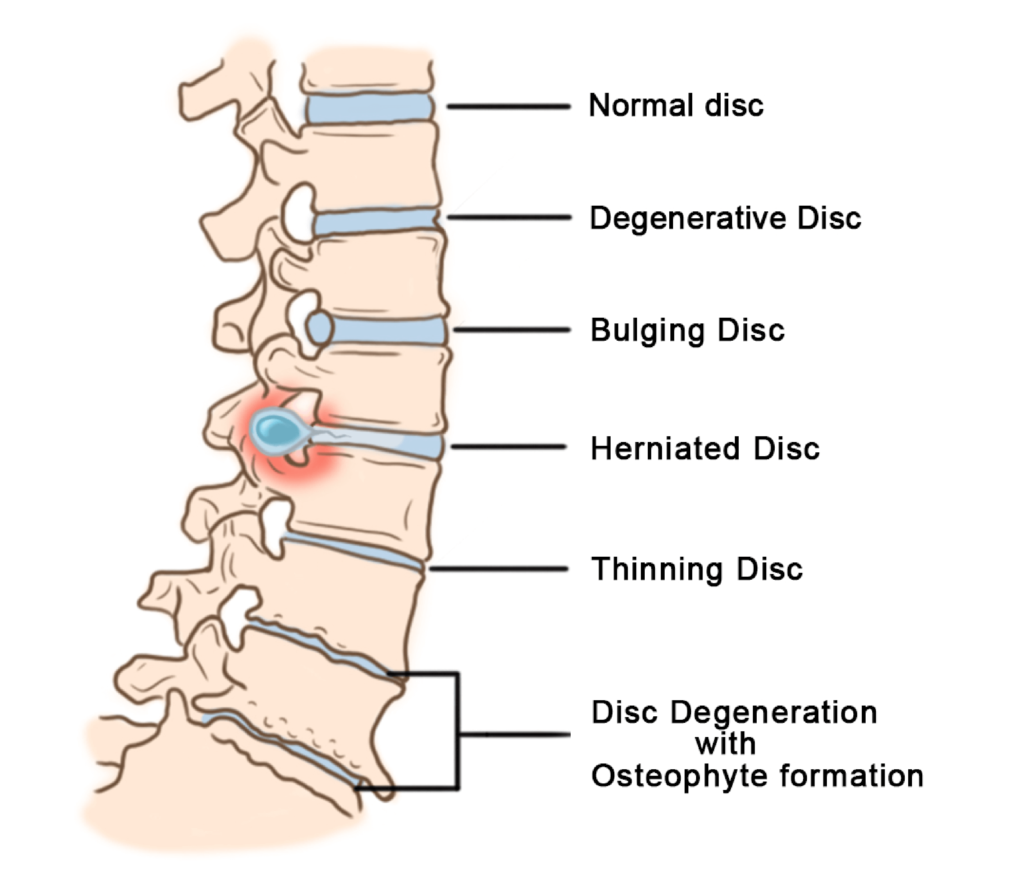


Different Stages of Deterioration of Intervertebral Discs
Note the normal disc and how the discs slowly degenerate, causing many different painful spinal conditions, when we neglect our spinal health
Why does disc herniatation occur?
The spinal discs of children and young adults have high water content. With ageing, there is a decrease in the disc water content, causing them to shrink, become less flexible and reduce the distance between vertebrae. As the intervertebral spaces reduce, it results in more pressure on the exiting spinal nerves, which is more pronounced in the lower spine.
Herniation of Intervertebral Discs
When the intervertebral disc is compressed, it will initially cause annular tears and ultimately the nucleus may prolapse, causing a lot of discomfort by exerting pressure on the spinal nerve. This condition is known as a herniated disc.
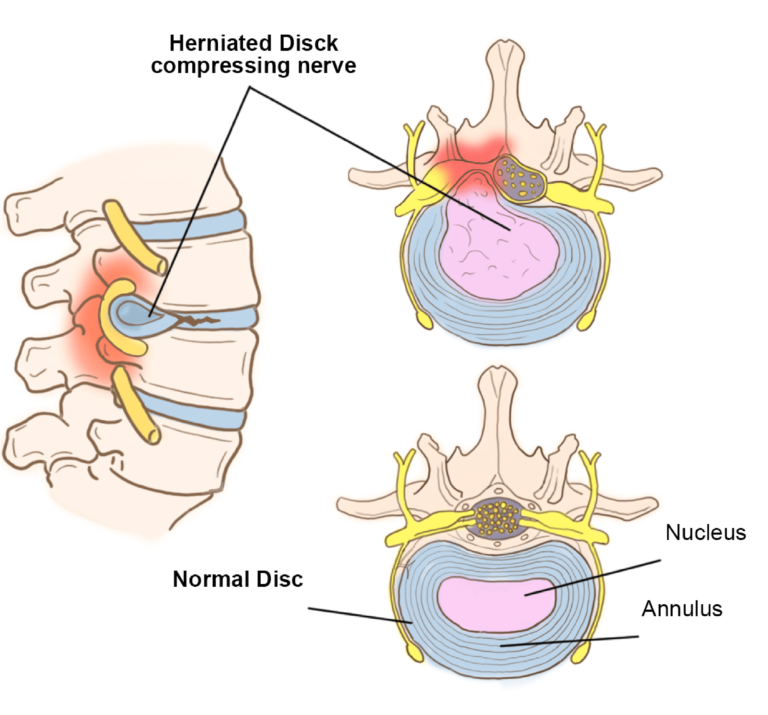


Cross-Sectional View of Spinal Discs Showing Disc Herniation
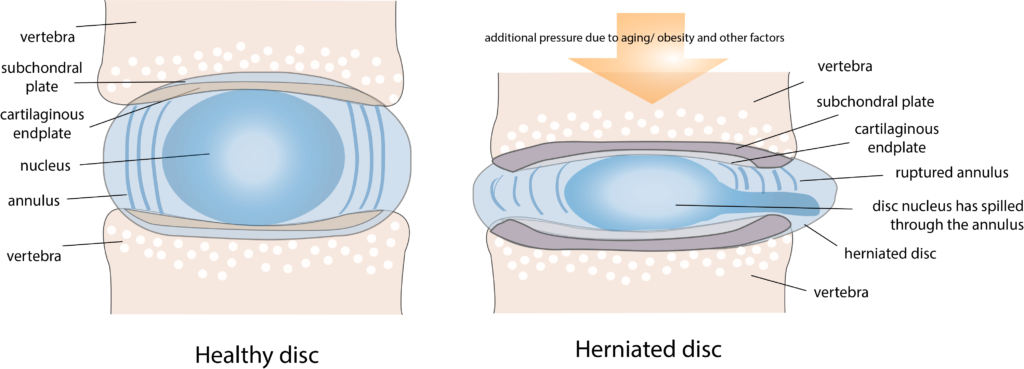


What are the risk factors that contribute to having a slipped disc?
Conditions that can weaken and degenerate the spinal disc include:
- Genetic factors
- A diet rich in processed food and fatty foods that contributes to atherosclerosis of the blood vessels to the vertebrae
- Improper lifting
- Smoking
- Obesity -that places added stress on the discs (in the lower back)
- Sudden pressure (which may be slight)
- Repetitive strenuous activities.
A sedentary lifestyle and weak core muscles are often blamed for a slipped disc. Overweight people and older people are at increased risk for a slipped disc as their spinal discs must support their higher weight. Herniated discs occur more commonly in men than women.
How the Intervertebral Disc receives nutrition
A diet that helps the blood supply of the endplate can help prevent degeneration of the disc, by supplying adequate nutrients to the disc.
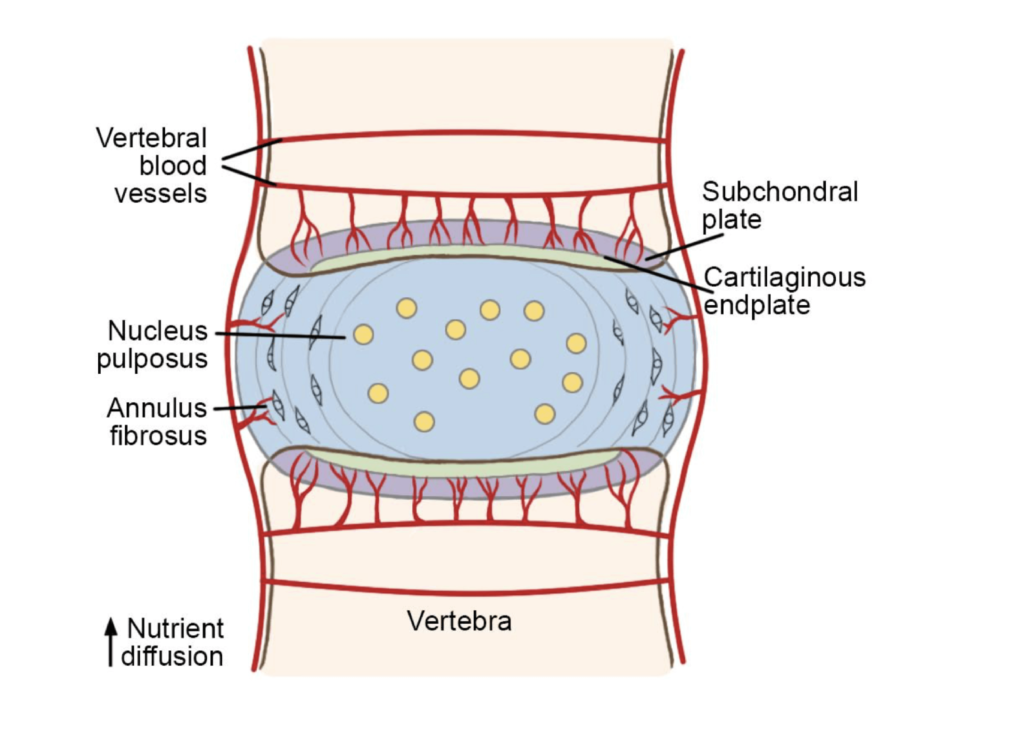


What are the ways to manage a slipped disc?
- Physiotherapy and adopting an exercise program to develop a healthy set of core muscles is an excellent option while reducing pain. Pain killers and taking a break from heavy lifting and painful positions are also beneficial.
- Remain Active It is tempting to rest and stop all physical activity due to severe pain from a disc herniation because of fear that the pain causes. However, this can lead to joint stiffness and weakness of the muscles. Remaining active by walking and stretching would provide much more relief.
- Injections: Transforaminal epidural injections (hyperlink) and caudal epidural injections (hyperlink) are exceptionally good pain-relieving methods which allow natural healing of the disc in a relatively painless setting.
- Surgery I may recommend surgery if the symptoms last longer than six weeks and the pain is uncontrolled by non-surgical methods or if the condition is affecting muscle function. At surgery, we remove the protruding part of the disc without removing the entire disc discectomy.
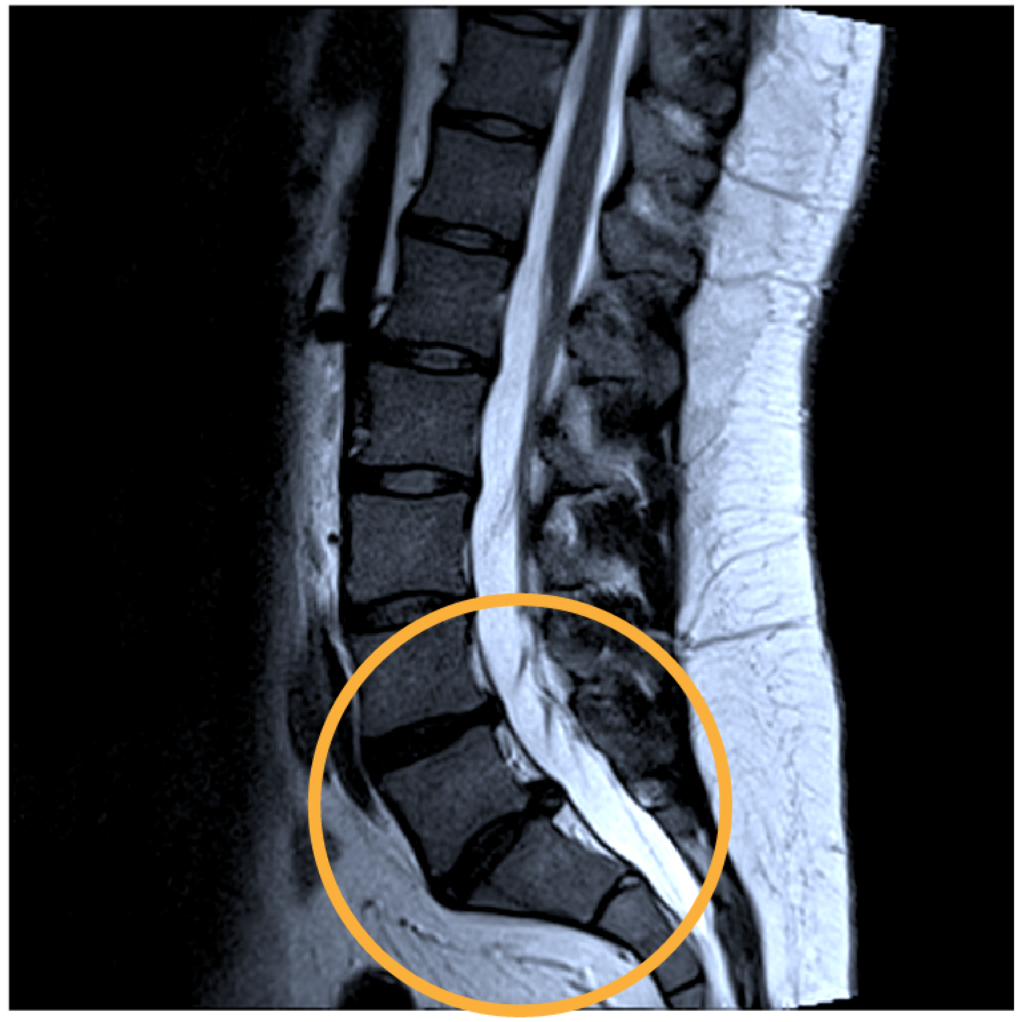


Disc Herniation seen on a MRI
The intervertebral discs seem to have ruptured, indicating disc herniation. The discs in the upper spine are healthy.
Specially Customised for you
Your version of the app will be customised specifically for you, by your surgeon.
This app will provide you with video messages from your consultant, highlighting key points during your patient journey.
To aid in your recovery process, it will provide you with:
- Interactive exercise plans
- Demonstration videos
- Progress graphs
- Useful articles chosen by your clinical team and more.
This app is in conjunction with Total Orthopaedics. To download the app, please scan in the QR code below:
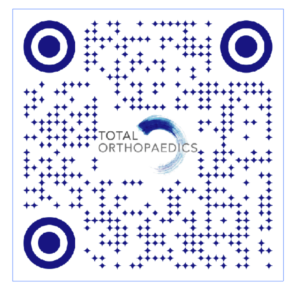


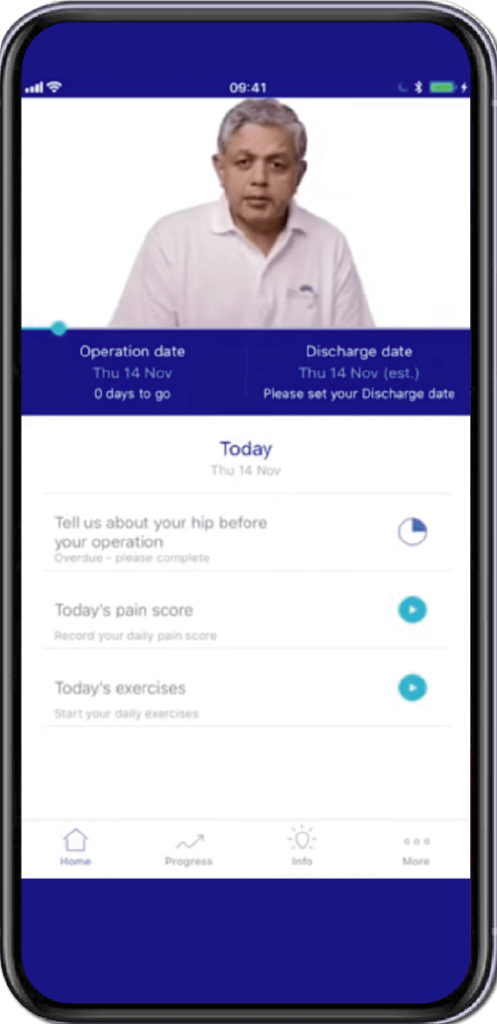


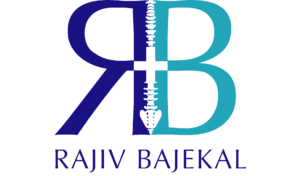


Rajiv Bajekal is a Consultant Orthopaedic Surgeon with special interest in Spinal and Back-related issues. He has developed a pragmatic approach to managing back pain and sciatica with non-surgical techniques, injections and minimally invasive techniques. Mr Bajekal is also a Board-Certified Lifestyle Medicine Practitioner and believes in providing lifestyle medicine advice to his patients for better long term health gains and better spinal health. He has been consulting since 1998. He consults both privately and on the National Health Service (NHS) and is passionate about making sure patients are in control of their healthcare.
Mr Bajekal is a member of the following institutions:
- British Medical Association (BMA)
- British Association of Spine Surgeons
- British Society of Lifestyle Medicine (BSLM)
- Plant-Based Health Professionals
- Patient Information
- Hospital Practices
- Spire Bushey Hospital
- BMI The Cavell
- BMI The King’s Oak
- Contact
- Blog
- Resources
- Glossary
Additional Links
Mr Bajekal works in conjunction with Total Orthopaedics UK. For more details please click here.
For more detailed information on plant-based nutirition please visit: www.rohinibajekal.com
For more detailed information on women’s health please visit: www.nitubajekal.com
